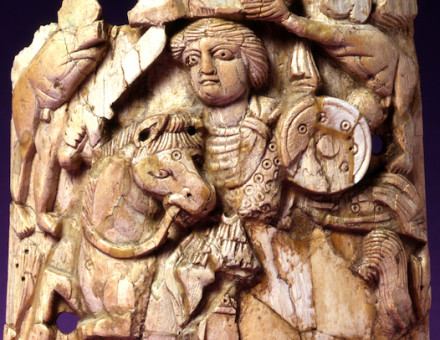Allies in Disarray: The Messy End of the Crimean War
Between autumn 1855 and spring 1856, the attitude of Britain’s war leaders underwent bewildering change as their determination to bring the war with Russia to a desirable conclusion was buffeted by doubts about the commitment of the French, and fears about the motives of French policy, as Brian James reveals.
History has long been concerned with the beginnings of wars, investigating causes which have led to conflict between nations. Less attention has been paid to the circumstances in which wars are brought to an end. Therefore more than 150 years have passed with little examination of the apparent political and military absurdity, that within two weeks of settling on plans for a Royal Navy strike virtually certain to have brought a swift victory in the Russian, or ‘Crimean’ war, Britain agreed an armistice in February 1856 which gave her almost none of her declared war aims.
But recent research has uncovered a stark explanation: Britain and France, having united in a war to stop the southward expansion of a militaristic Russia, were now utterly at odds as to how to proceed. France, satisfied with the performance of her troops at Sevastopol, saw nothing further worth fighting for, while Britain remained determined to use the Royal Navy to gain the victory within her grasp. Worse, so deep had distrust now bitten that Lord Palmerston’s government had become fearful that the nation’s greatest danger now loomed not from its enemy, Russia, but from its ally, France.





